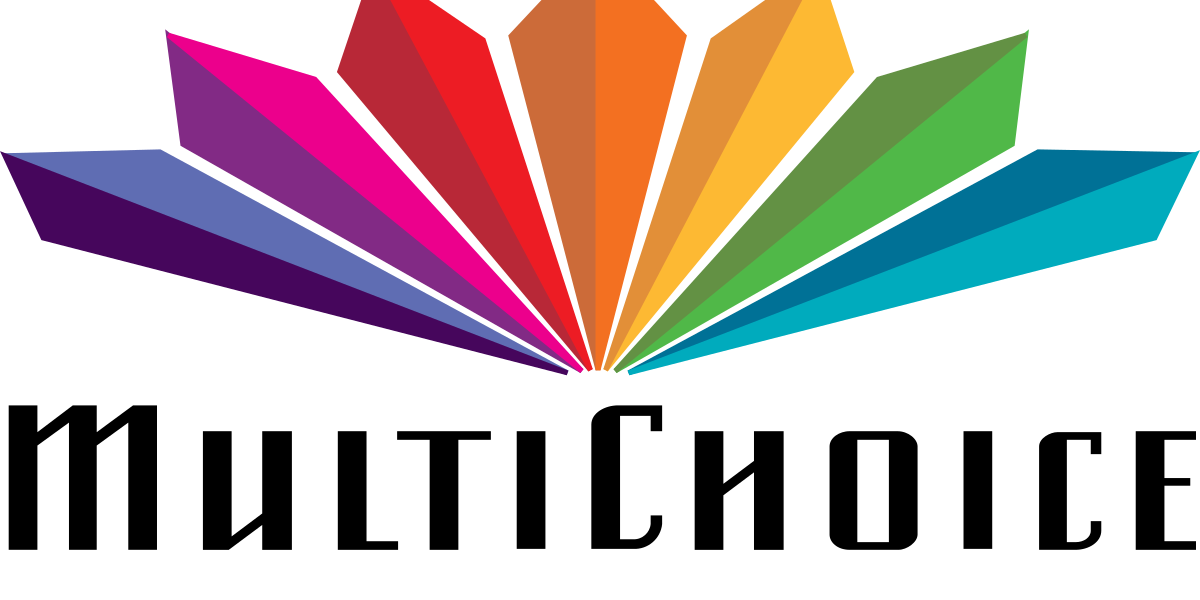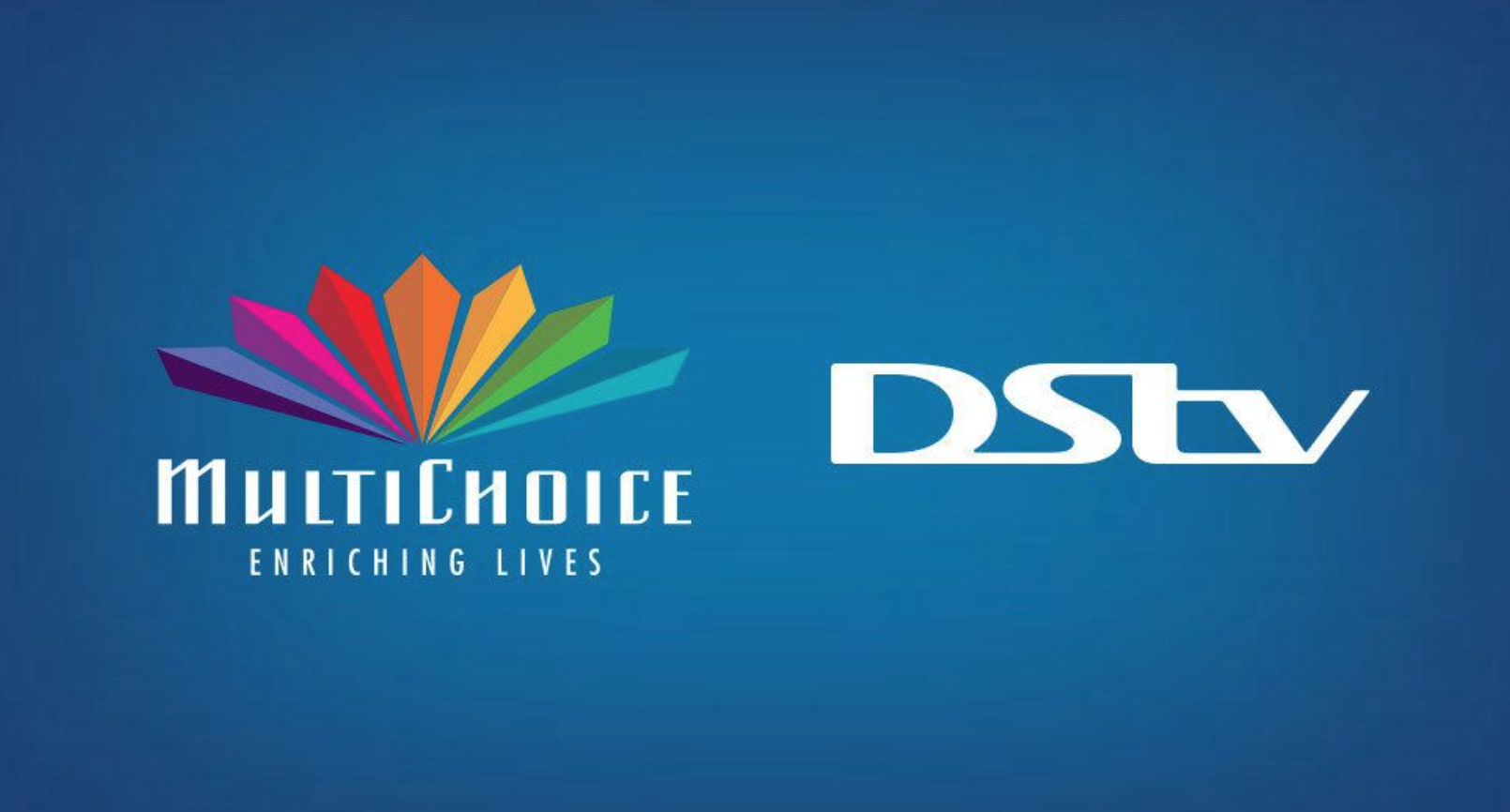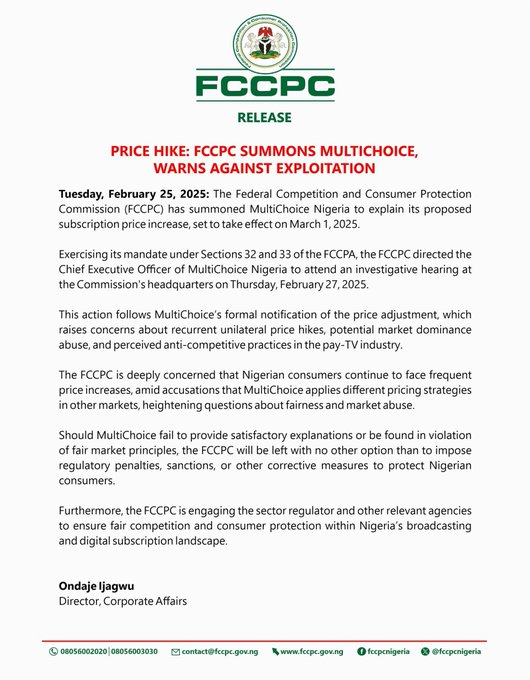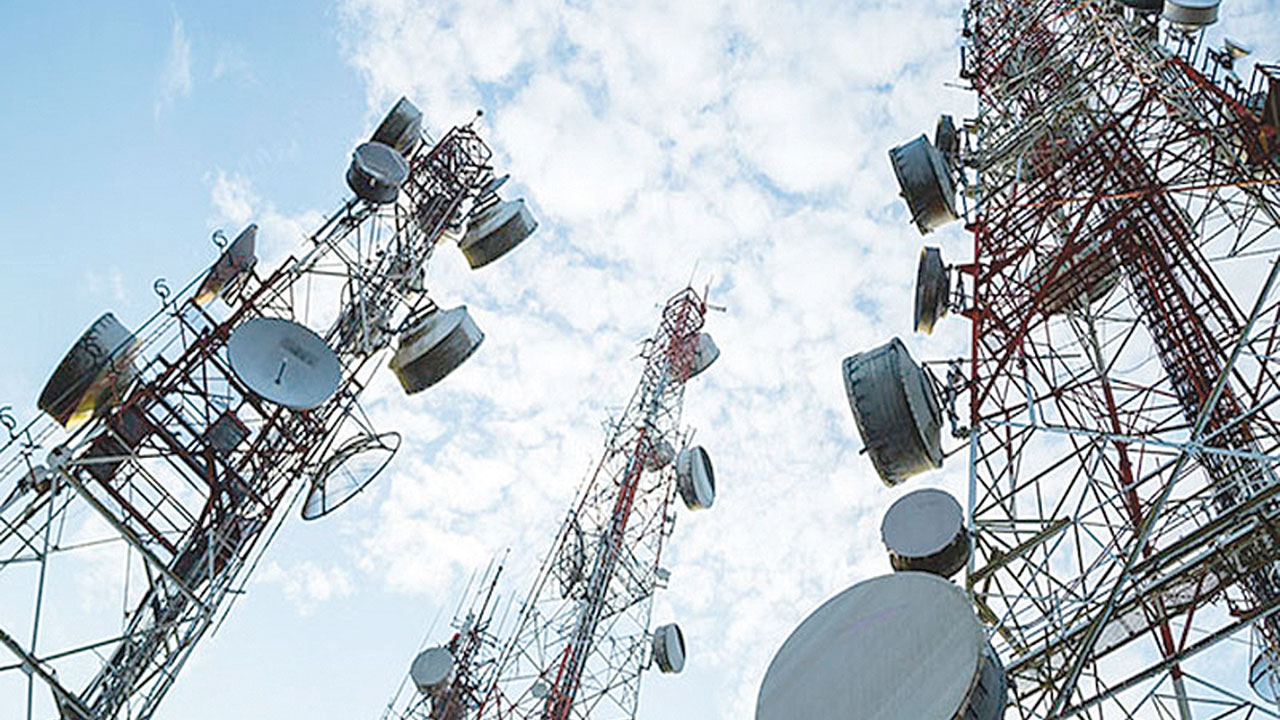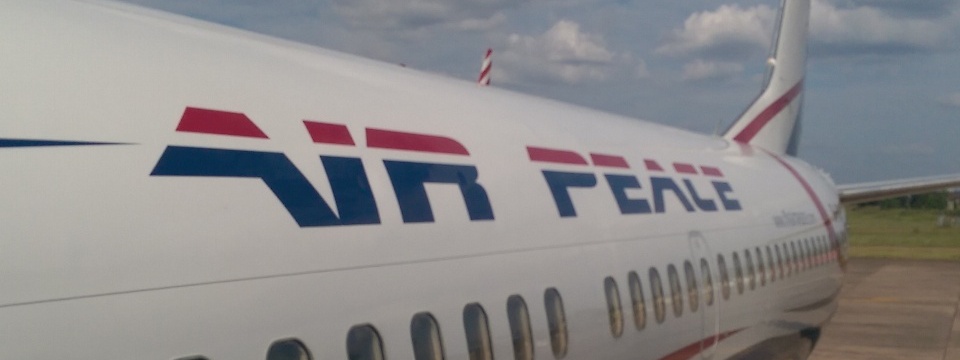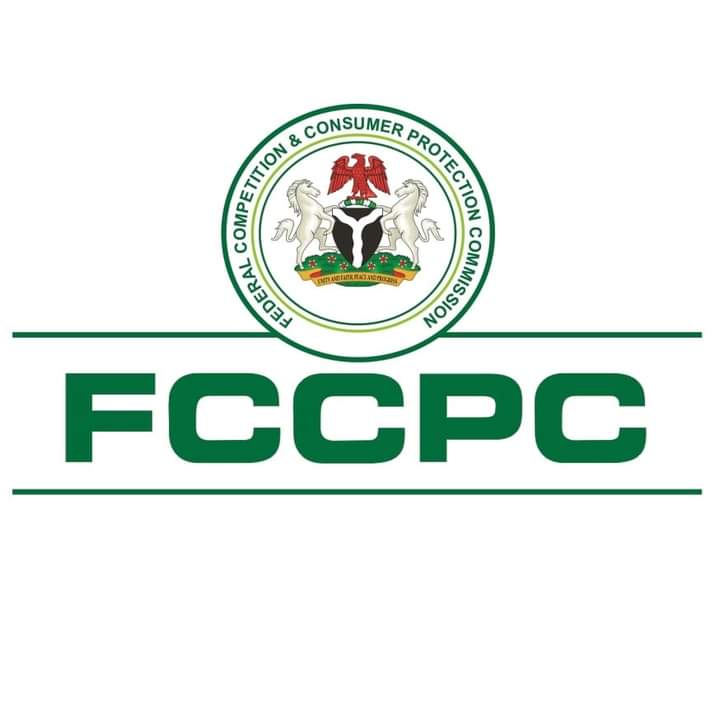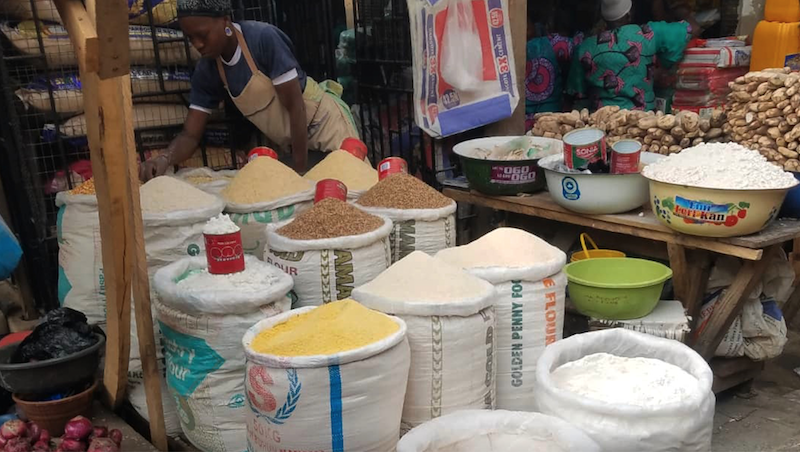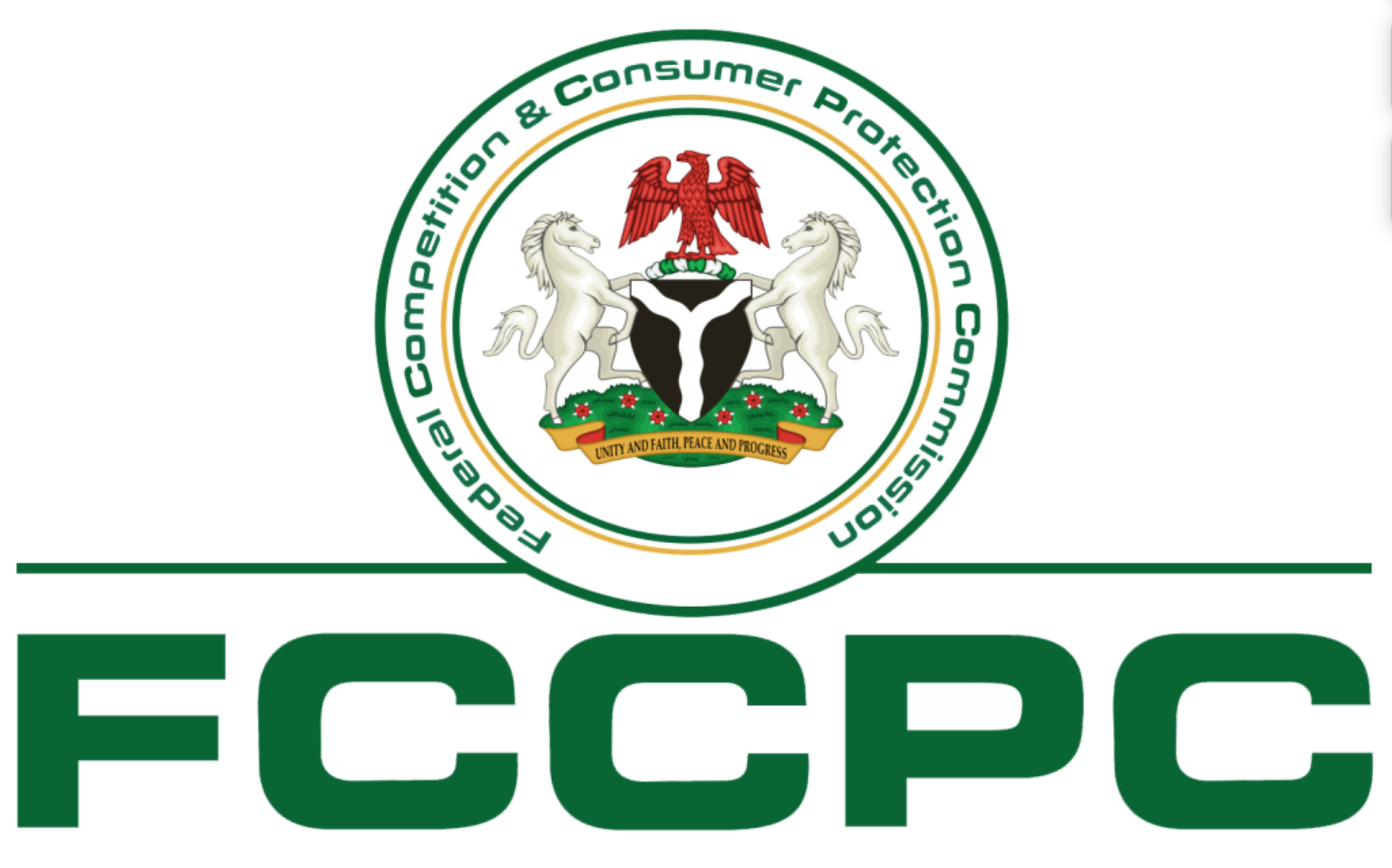MultiChoice, the company behind DStv and GOtv has increased its subscription rates, despite earlier order from the Federal Competition and Consumer Protection Commission, FCCPC to withhold subscription price increase until after investigation.
TheNewsGuru recalls that FCCPC on Tuesday summoned and cautioned against arbitrary price hikes in the pay-TV sector.
In an official statement, CEO of MultiChoice Nigeria, John Ugbe noted that the operational costs as the primary reason for the adjustment.
He assured subscribers that the company remains committed to providing premium entertainment and maintaining the quality of its content offerings.
The latest price review follows a series of similar increases in recent years, sparking concerns among consumers over the affordability of pay-TV services in Nigeria.
The statement reads in part, “We understand the impact this change may have on you – our valued customer, but the rise in the cost of business operations has led us to make this difficult decision.
“It remains our mission to provide the best entertainment and viewing experience to you and are committed to continue to deliver high-quality content and unparalleled service.”
“We thank you for your continued patronage and support.
“So, from Saturday, 1 March 2025, the price adjustment will take effect as follows; Premium: ₦44,500, Compact+: ₦30,000, Compact: ₦19,000, Confam: ₦11,000, Yanga: ₦6,000, Padi: ₦4,400, HDPVR Access Service: ₦6,000, Access Fees: ₦6,000, XtraView: ₦6,000.
“Supa+: ₦16,800, Supa: ₦11,400, Max: ₦8,500, Jolli: ₦5,800, Jinja: ₦3,900, Smallie: ₦1,900.”
